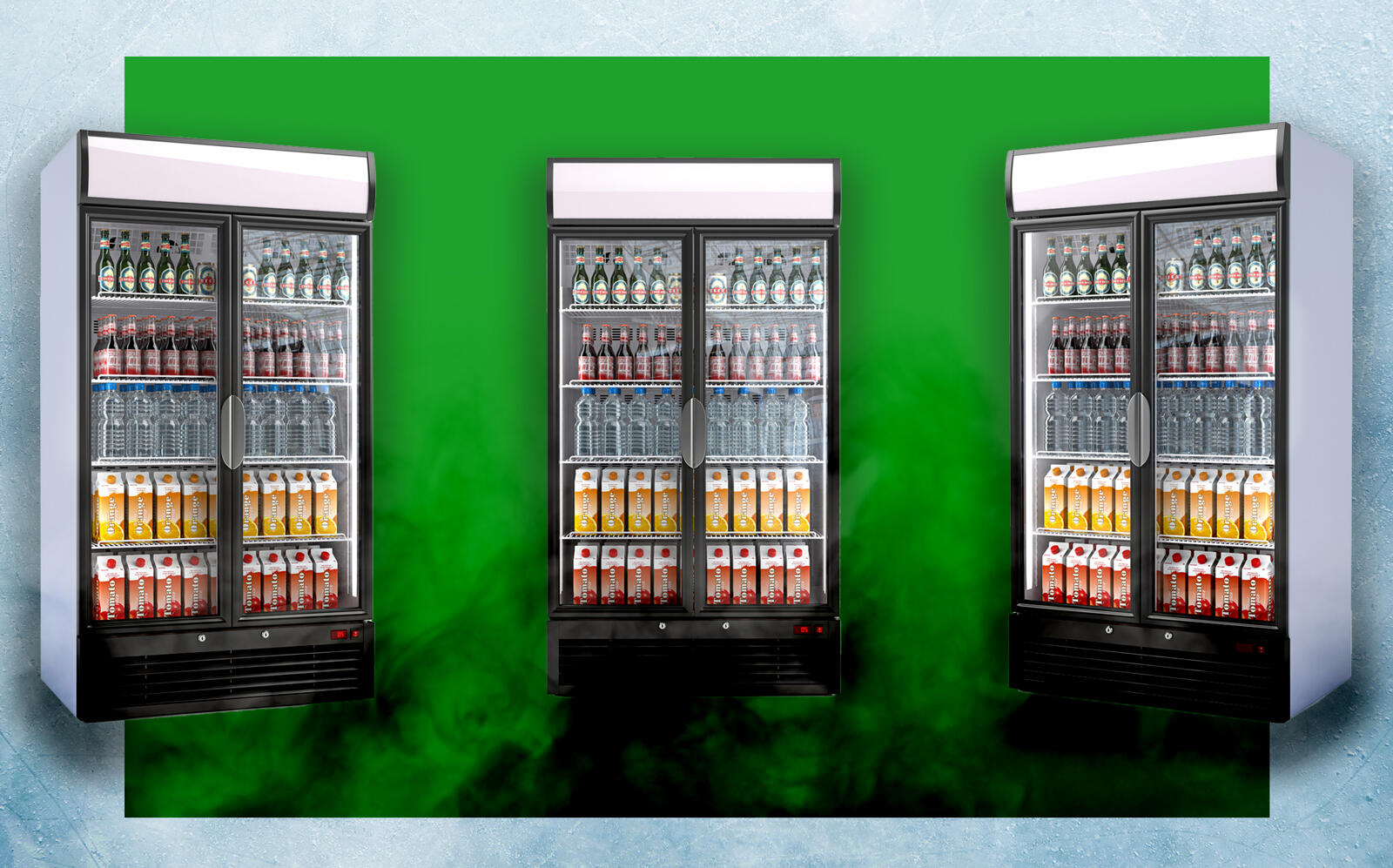As far as property manager Burton Wallack is concerned, Morton Williams has been a great tenant at 1211 Madison Avenue. It is the grocery store’s refrigerators, however, that are becoming a problem.
“We have a very good working relationship with Morton Williams,” Wallack said. “The only issue we have is energy consumption.”
Morton Williams accounts for 10 percent of the building’s 130,000 square feet, but about 40 percent of its carbon emissions. That is hardly a surprise, given that it is a supermarket and the rest of the building is co-op apartments.
But food stores with huge refrigeration needs don’t get any special consideration under the city’s carbon emissions law.
Grocery store owners and landlords are grappling with this across the city, aiming to avoid massive fines threatened by the city’s Local Law 97, passed in 2019. Buildings larger than 25,000 square feet must start meeting new greenhouse-gas emission limits in 2024. Those exceeding the caps face steep annual penalties.
The measure includes some relief for buildings with 24-hour operations, high-density occupancy and other energy-intensive uses. However, landlords of such buildings only had until June 30 to apply for temporary adjustments to their emission caps. Hospitals and other nonprofit health care facilities had until July 21.
The real estate industry has advocated for other workarounds, including an option for property owners to use renewable energy credits generated outside the city to offset their emission levels. But an effort to get that into the state budget legislation failed.
Richard Lipsky, a lobbyist for Morton Williams, said emission limits for grocery stores are unfairly lumped with other types of retail that do not require 24/7 refrigeration. He has been pushing the City Council to carve out grocery and other high-energy-use stores, without success.
Still, relief may be on the way. A Department of Buildings spokesperson said the city is looking at how to treat grocery stores and other businesses that require “large 24/7 refrigeration operations.” Under Local Law 97, the city is required to make changes to building categories “so as not to unduly burden certain types of uses and occupancies that might not fit into a particular Building Code category based on their energy consumption.”
Christopher Capobianco, an energy consultant working for the co-op at 1211 Madison Avenue, said residents are considering changes such as converting from oil to gas use, but have limited options to reduce energy use in the building.
The Madison Avenue Morton Williams isn’t an outlier, according to an analysis by Capobianco. At least two other locations are facing annual six-figure fines by 2030, when the law’s provisions get tougher.
Barring changes, landlords might hesitate to rent space to grocery stores — or demand clauses accounting for Local Law 97 fines in their leases. John Catsimatidis, who owns the New York City supermarket chain Gristedes Foods, said business at his stores has declined 10 to 15 percent during the pandemic. Grocery stores can’t pass costs from the fines onto consumers, given the fierce competition from internet grocery companies, he said.
“They will not be able to survive,” he said. “You are going to have a food desert.”
